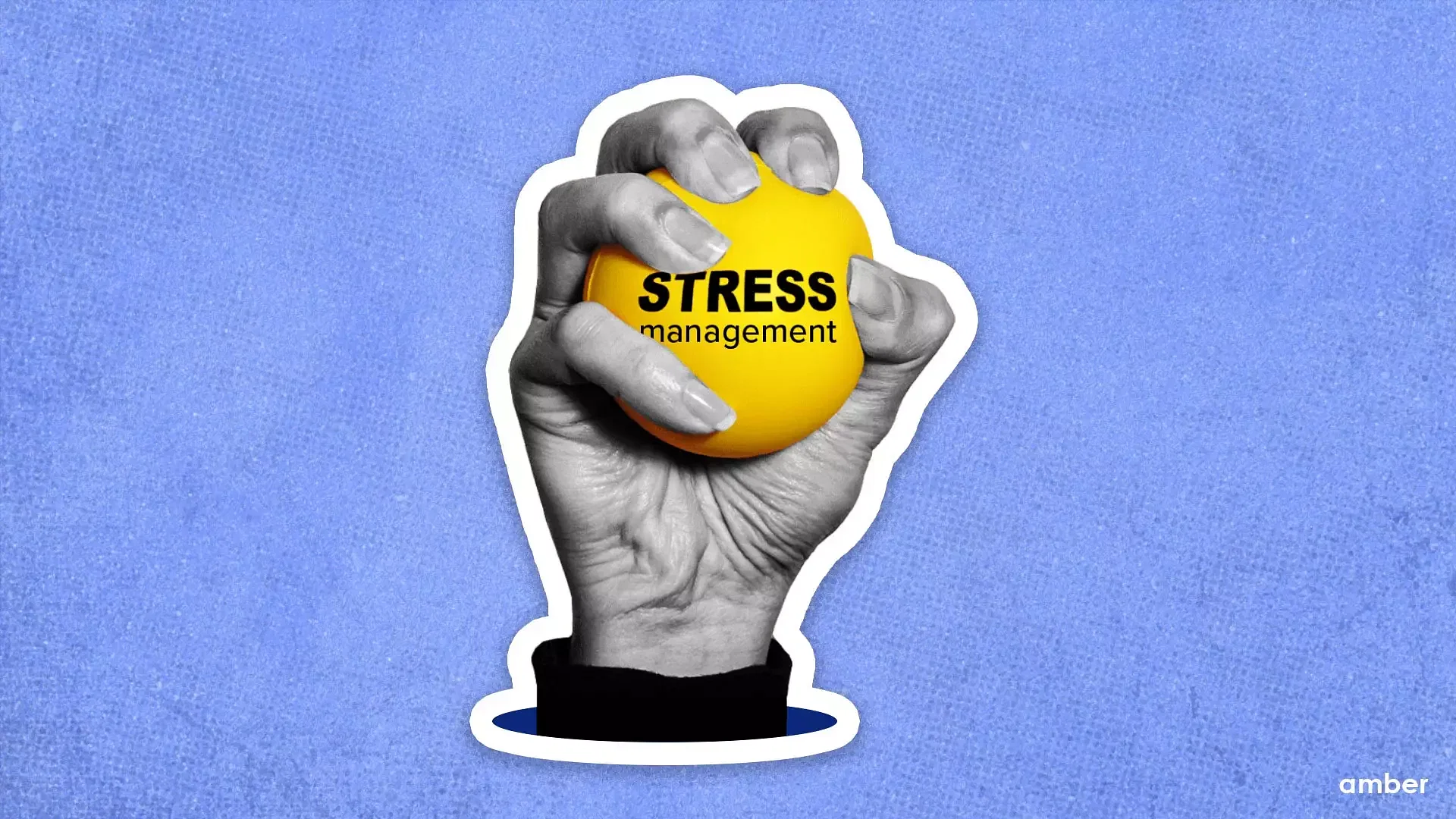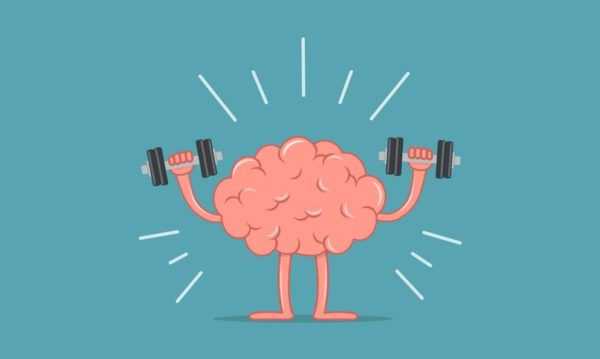The Importance of Staying Hydrated
Discover why hydration is key to maintaining your health and energy levels.
Step 1: Understand Why Hydration is Crucial
Water is essential for every cell in your body to function properly. It aids in digestion, nutrient
absorption, temperature regulation, and toxin elimination. Dehydration can lead to fatigue, headaches, and
impaired cognitive function.
Pro Tip: Start your day with a glass of water to kickstart hydration and metabolism.
Step 2: Know Your Daily Water Needs
The recommended daily water intake varies depending on age, gender, activity level, and climate. On average,
adults should aim for about 2-3 liters of water per day, including water from food and beverages.
Pro Tip: Use a hydration calculator or consult with a healthcare professional to determine your ideal water
intake.
props.adsense_in_article_ads
Step 3: Recognize Signs of Dehydration
Common signs of dehydration include dark urine, dry mouth, fatigue, and dizziness. Severe dehydration can
lead to more serious health issues, including kidney problems and heat-related illnesses.
Pro Tip: Monitor the color of your urine—light yellow indicates proper hydration.
Step 4: Choose Healthy Hydration Options
Water is the best choice for staying hydrated. You can also include herbal teas, infused water, and foods
with high water content like cucumbers, watermelon, and oranges.
Pro Tip: Avoid sugary drinks and caffeine-heavy beverages, as they can contribute to dehydration.
Step 5: Stay Hydrated During Exercise
Physical activity increases water loss through sweat, so it’s essential to replenish fluids before, during,
and after workouts. Electrolyte-rich drinks can help replace lost salts during intense exercise.
Pro Tip: Drink at least 500 ml of water two hours before exercising and sip throughout your workout.
Step 6: Establish Hydration Habits
Create daily habits to ensure consistent hydration. Carry a reusable water bottle, set hydration reminders
on your phone, or incorporate water breaks into your routine.
Pro Tip: Flavor your water with lemon, mint, or berries to make drinking water more enjoyable.
Step 7: Hydrate According to Weather and Activity Levels
Hot climates, high altitudes, and vigorous physical activities require increased water intake to prevent
dehydration. Adjust your water consumption based on these factors.
Pro Tip: During hot weather, keep a bottle of cold water handy to stay refreshed.
Step 8: Know When to Seek Medical Advice
Severe dehydration requires medical attention. If you experience symptoms such as confusion, rapid
heartbeat, or no urination for hours, seek help immediately.
Pro Tip: In extreme cases, oral rehydration solutions (ORS) can quickly restore fluid balance.













